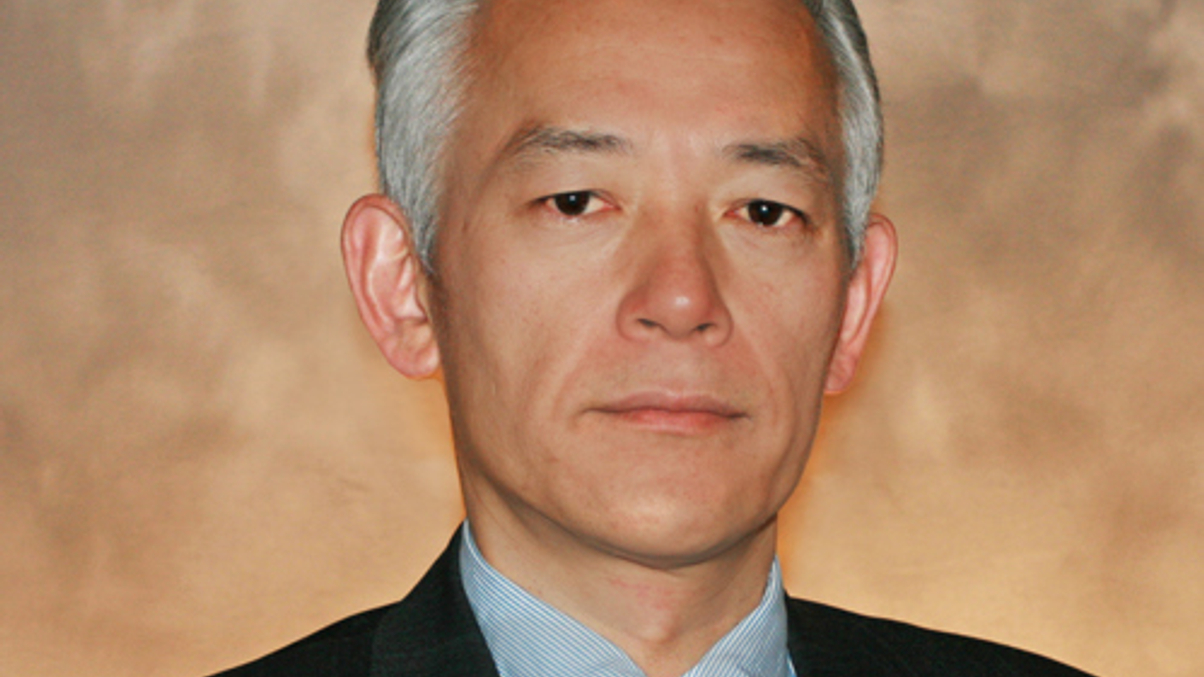Asset owners lose faith in conventional strategies
Asian institutions are looking at new approaches to investing including boosting alternatives holdings to increase returns, but just 4% plan to outsource more in the next year, finds Natixis GAM.

Disillusioned with the results of conventional portfolio diversification and construction, most Asian asset owners are seeking new approaches to investing and risk management.
Sign in to read on!
Registered users get 2 free articles in 30 days.
Subscribers have full unlimited access to AsianInvestor
Not signed up? New users get 2 free articles per month, plus a 7-day unlimited free trial.
¬ Haymarket Media Limited. All rights reserved.


